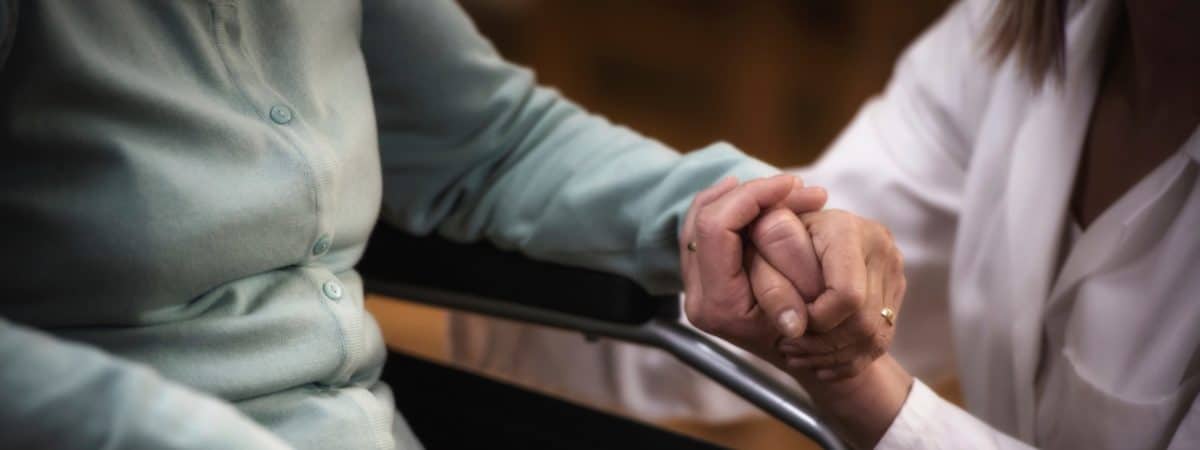- Alcohol and Hearing Health - April 9, 2025
- How Smoking Can Harm Your Ears - March 11, 2025
- Succeeding in the Workplace with Hearing Aids - February 10, 2025
What does rheumatoid arthritis (RA) have to do with hearing loss? Quite a bit, according to a new study released by the Open Rheumatology Journal.
Hearing loss has been linked to a decrease in overall mental and physical health. Research has proven connections with age, smoking, cognitive decline, heart health, and a diminished quality of life — and now rheumatoid arthritis.
This is the first study of hearing impairment in RA. The study’s conclusion: Those with rheumatoid arthritis are at a higher risk of hearing impairment over the course of the disease. In addition, the study suggests it’s obvious that hearing impairment in RA is a multi-factorial disease because environmental factors like smoking, disease characteristics like rheumatoid nodules, and patient characteristics like age can affect it. However, it’s still unclear if these factors affect one another both directly and indirectly.
One environmental factor found in this study to increase chances of both RA and hearing loss was smoking. Researchers stated, “there is a strong correlation between smoking and rheumatoid nodules in RA.” They recognized that passive smokers and active smokers are at a higher risk of hearing impairment.
Though more investigation is needed to determine a consensus regarding the management of hearing impairment in patients with RA, researchers stated, “… regular audiometric test and [otoacoustic emission test] is advisable and can diagnose hearing loss at an early stage.”
An estimated 48 million Americans — about one in five people — have some form of hearing loss, according to a Johns Hopkins study. It’s a chronic public-health challenge that, if left untreated, can have far-reaching consequences for physical, mental, social, and even financial health.
Hearing loss especially affects older adults, many of whom don’t seek hearing help. Only 30 percent of adults ages 70 or older who could benefit from hearing aids use them, according to the National Institute on Deafness and Other Communication Disorders.
If you believe you or a loved one could benefit from a hearing test, contact us today to schedule a hearing screening. We can help get you on a path to better hearing and better health.


